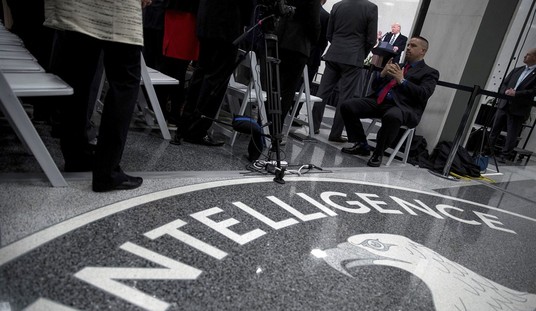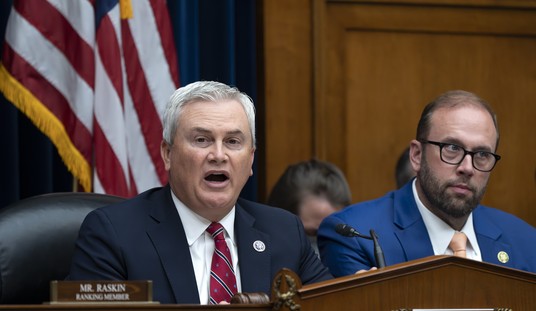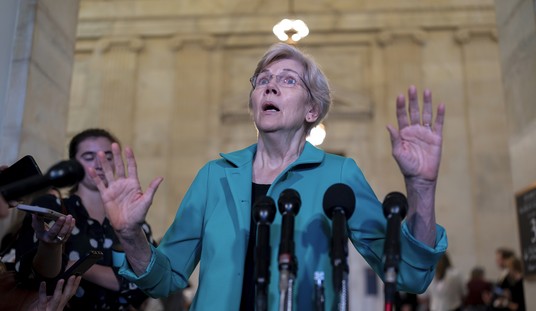Iran's president made it clear on Sunday that the Islamic Republic would not engage in direct talks with the United States regarding its rapidly advancing nuclear program, marking a firm rejection of President Donald Trump's offer. This response to a letter sent by Trump to Iran's supreme leader underscores Tehran's defiance and unwillingness to negotiate on its nuclear ambitions, even as tensions rise in the region. While Trump has taken a tough stance on Iran, the Islamic Republic continues to ignore calls for diplomacy and further escalating concerns over the future of the nuclear deal.
“Although the possibility of direct negotiations between the two sides has been rejected in this response, it has been emphasized that the path for indirect negotiations remains open,” Iran President Masoud Pezeshkian said in a statement.
Pezeshkian's remarks, conveyed through the sultanate of Oman, suggested that while Iran may be open to indirect negotiations with the United States, any talks have made little progress since Trump withdrew the U.S. from the 2015 nuclear deal in 2018. Over the years, tensions in the region have escalated, with attacks at sea and on land becoming more frequent. The Israel-Hamas conflict in Gaza saw Israel targeting leaders of Iran's "Axis of Resistance." However, as the U.S. intensifies airstrikes against Iranian-backed Houthi rebels in Yemen, the threat of military action to neutralize Iran’s nuclear capabilities remains a real possibility.
Earlier this month, Trump said he had sent a letter to Iran's Supreme Leader Ayatollah Ali Khamenei, asking him to negotiate a deal and warn him of potential military action if the nation refused.
“I would rather negotiate a deal. I'm not sure that everybody agrees with me, but we can make a deal that would be just as good as if you won militarily,” Trump said. "But the time is happening now. The time is coming up. Something's going to happen one way or the other. I hope that Iran — and I've written him a letter, saying, 'I hope you're going to negotiate.' Because if we have to go in militarily, it's going to be a terrible thing — for them.”
Recommended
During a cabinet meeting, Pezeshkian stressed that Iran is not opposed to talks with the U.S., but claims there have been broken promises in the past. He emphasized that the U.S. must prove it can rebuild trust before meaningful negotiations occur.

























Join the conversation as a VIP Member